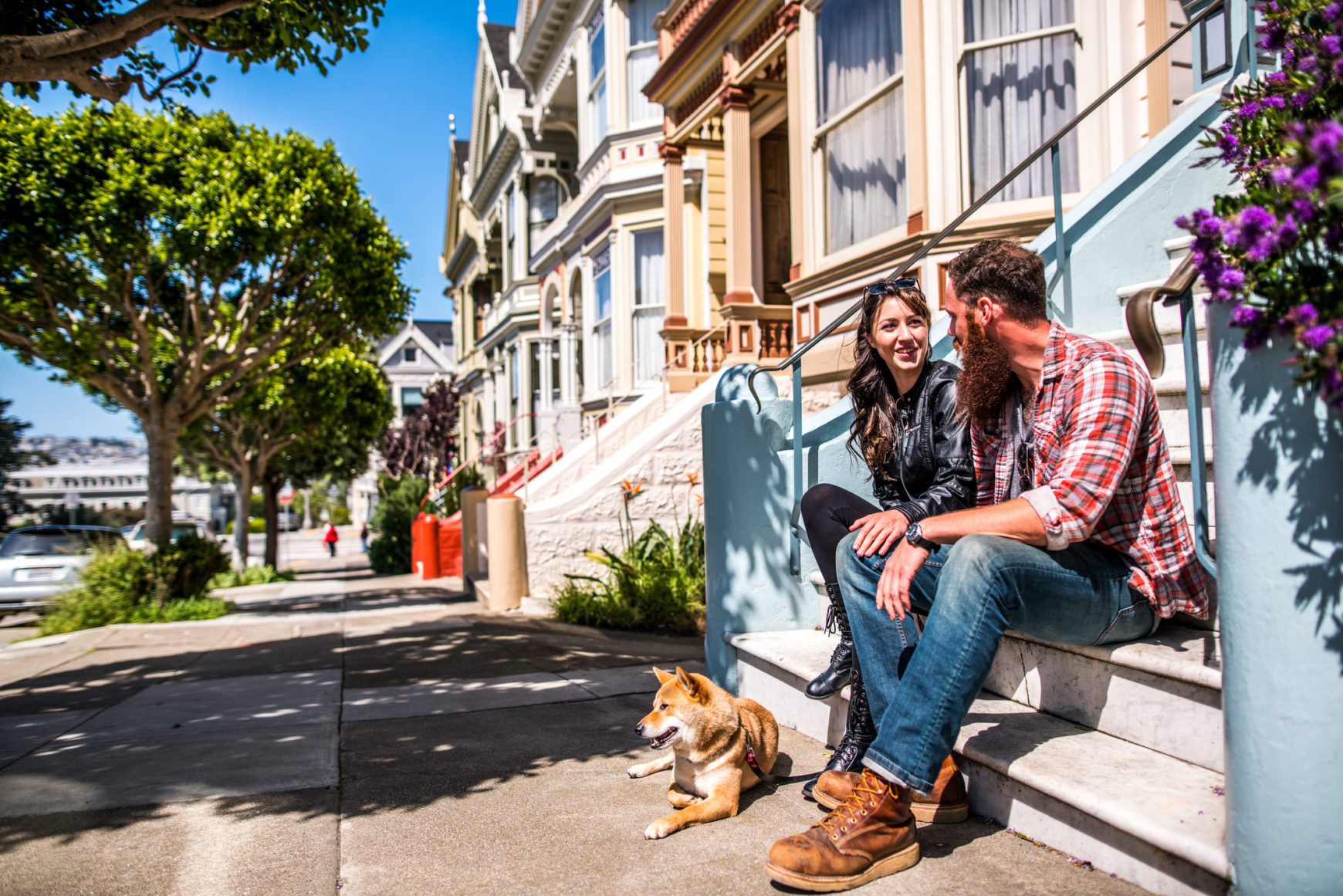In 2014, the city passed laws limiting home rentals by absent tenants to 90 days per year, though owners can rent them year-round if they live there. However, San Francisco decided to crack down further in 2015, forcing all Airbnb hosts to register with the city via an onerous process. That prompted nearly a $1 million in fines and a lawsuit from Airbnb, but both parties eventually settled on a system whereby Airbnb could register hosts itself.
We just wanted to have commonsense regulations whereby San Francisco’s acute housing crisis isn’t exacerbated. The board is unanimous in its desire to have real home-sharing that does not take units off the market that would otherwise go to people who live and work here.
Of the rentals left on the market, 2,650 are for commercial B&Bs, hotels or long-term (30 days or longer) listings. That leaves around 3,000 typical Airbnb listings, compared to, say, 65,000 in Paris. The latter city recently enacted its own rules requiring registration and limiting rentals to 120 days a year, but only 11,000 hosts were signed up a month ago.
Airbnb is beloved by tourists and travelers, but hotels consider them as unlicensed competition and city councils and housing advocates say that they take thousands of rentals off the market and distort market prices. “We just wanted to have commonsense regulations whereby San Francisco’s acute housing crisis isn’t exacerbated,” county supervisor Aaron Peskin told the SF Chronicle. “The board is unanimous in its desire to have real home-sharing that does not take units off the market that would otherwise go to people who live and work here.”
Airbnb, for its part seems satisfied that it now has ground rules to follow, at least. “We look forward to building our business in San Francisco with a strong foundation of dedicated hosts, clear rules and a streamlined registration process that supports compliance,” said spokesperson Mattie Zazueta in a statement.
